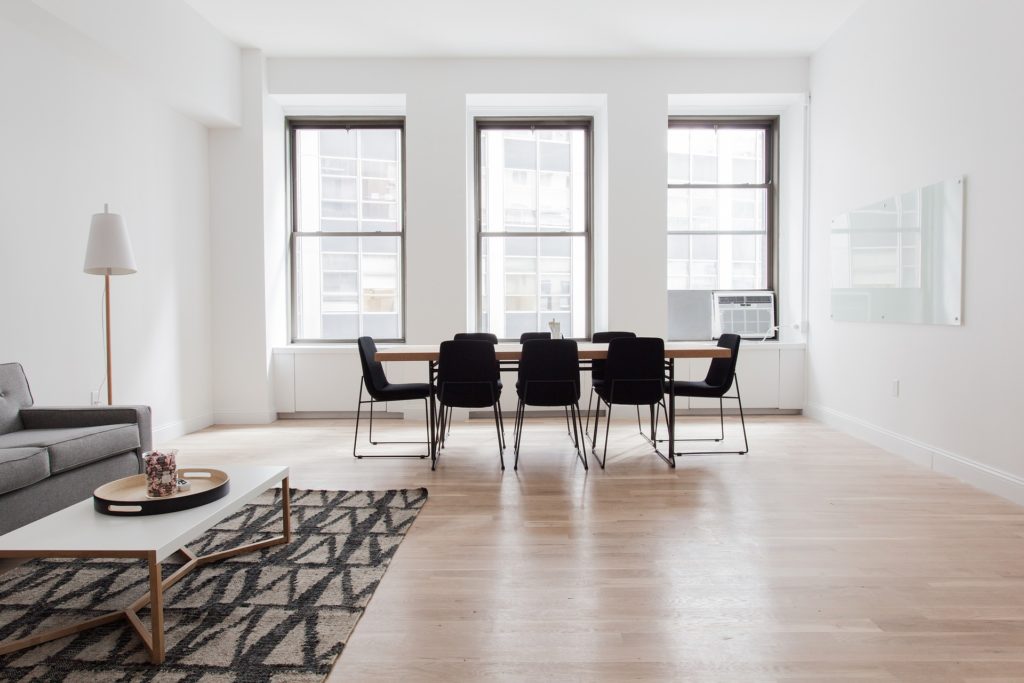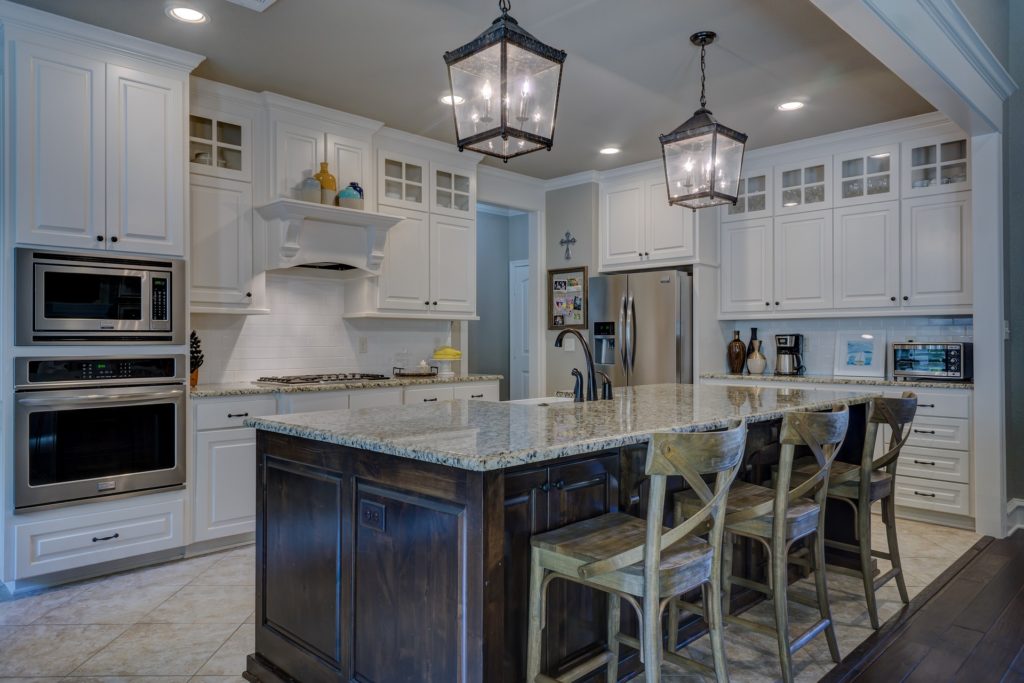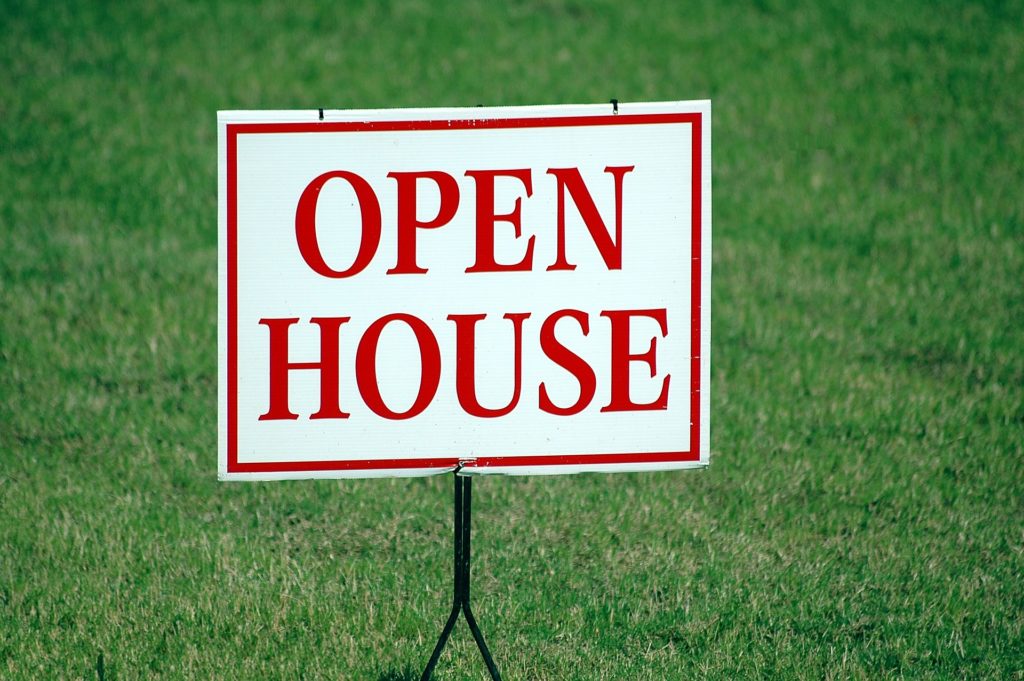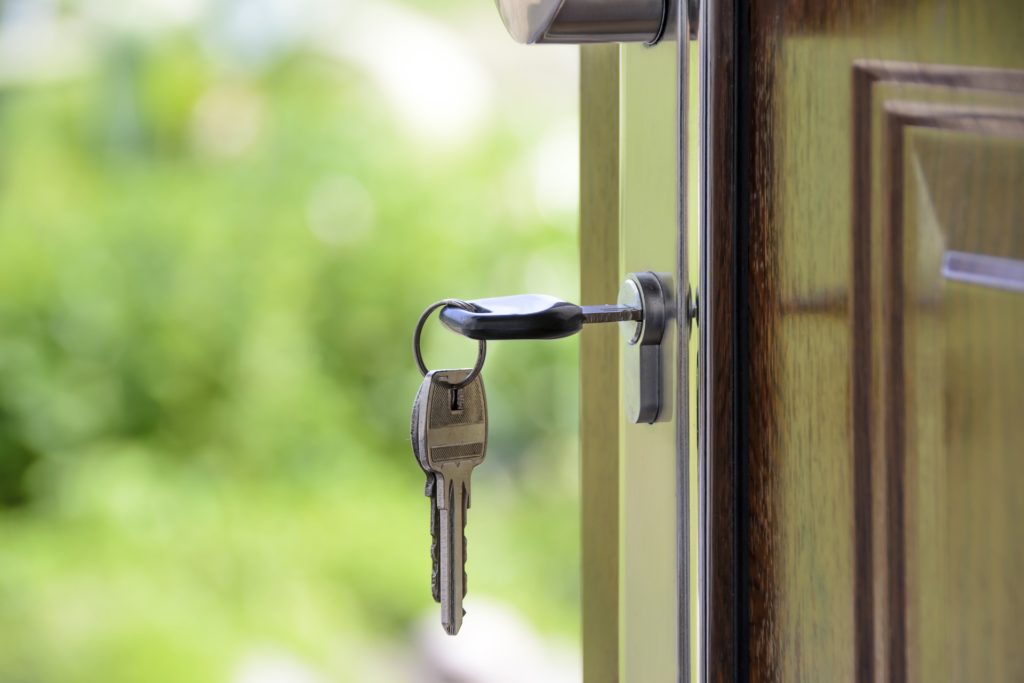Homebuying Tips For First-Timers

Home-buying can be very challenging, especially for first-time buyers. It can get so daunting that you could easily get into the trap of purchasing the first home that falls within your price range. Never make this potentially colossal mistake. Demystifying the buying process can help you face up to the challenges of buying a home for the first time. Read on for helpful tips.
First, you need to figure out what type of home suits you. Your options include a traditional single-family home, a multi-family building, a townhouse or a condo. Each type of home has its pros and cons. To figure out which suits you best, you need to sort out your priorities. For one, you need to figure out which matters to you more — space or proximity to work and leisure areas. This is an important decision to make before you go house hunting so you don’t unduly give in to the pressures made by eager salesmen. You don’t want to buy a more spacious suburban home only to live with the regret of not being closer to your much-loved restaurants and clubs, as you would be if you opted for the smaller yet more convenient condo unit.

Be mindful of the specific features that matter to you, like the type of neighborhood, the bathroom layout, and kitchen amenities. You also need to take into consideration the importance of having your own yard or the convenience of having easy access to a gym or pool within the same building. Do you need a parking space? Would you feel more secure living in a building with guards and cameras? Make a list of the things you simply cannot forego.

More than just looking at the monthly payments for your home, you need to compute the overall expenses you will be making. You don’t want to be paying much more than a house is worth. Needless to say, the monthly payments matter a lot. Make sure you don’t go house-poor because of your purchase. House-poor means you pay too much for your monthly house payments, you have very little left for other expenses. If your monthly fees eat up too much of your monthly income, look for another deal. You do have a life to live. Also, make sure you take a close look at the nitty-gritty, like the insurance payments, maintenance costs and association fees. You don’t want to be paying for unfair charges.

Make sure you have saved enough money for downpayment. The common arrangement is to pay 20% down, but an increasing number of lenders now allow as little as 3% in down payments. This will not work in your favor in the long run, as this would mean more costs in terms of interest rate charges. Some of the things you can do to save up for the downpayment are to set aside tax refunds and employment bonuses, arrange an automatic savings plan, invest in assets that guarantee stable returns, and use an app to keep tabs of your progress.

Do not forget to take closing costs into account. More than just saving for the down payment, you will need to prepare for the expenses required to close your mortgage, as this can be a significant amount. You should also take the time to shop around for the best prices for your title searches, home inspections, homeowners insurance, and the like. You can also try to defray the costs by negotiating with your seller. You can have them pay for a fraction of your closing costs and the real estate agent’s commission.

Home shopping expenses still do not stop at down payments and closing costs, you also have to prepare for your needs after moving in. Set aside a buffer for stuff that will go inside your new home, which include furnishings, updated fixtures, new paint, rugs, appliances, and any other finishing touches you would want to make on your new home upon moving in.

The right neighborhood bears much weight not only on the quality of life you will be having but on the future value of your home as well, so make sure you put duly attention to this. For one, you must check nearby schools even if you don’t have children, as this will affect the appraised value of your property. You should also check the proximity of grocery stores, hospitals, pharmacies, and amenities you might need. Also, take the time to drive through or walk around the neighborhood on different days and various times. This will let you get a feel of what the neighborhood will be like, taking into account noise, traffic, and activity levels.

Make the most out of the open house viewing. This is yet another opportunity to check out the neighborhood and to scope out your potential neighbors. And of course, you must pay close attention to the house or condo unit itself. Check the interiors’ overall condition, and be on the lookout for any stains, smells or items in disrepair. Do not hesitate to ask a lot of questions, such as when the house or building was built, when the last item replacements were made, and how old the systems like the air conditioning and sewage are. If other potential buyers are viewing the home with you, you might want to schedule a second visit to get a better look and to be able to ask more questions.

The home you plan to purchase may look flawless, but it is still highly advised to have a professional take a closer look. You want expert eyes to check the property for safety, quality, and overall condition. You should make sure you could still back out from the deal if the home inspection reveals any serious defect. For minor issues, you can negotiate with the seller so they can take charge of the repairs or offer you a discounted price.

You must definitely set high standards when shopping for a home. This is simply one of the biggest investments you will be making in your lifetime, plus it will play a huge role on the quality of life you will be having. There is no good time to deal with buyer’s remorse. If a resort-style condo such as what you will find with property developments like DMCI Homes is what you most desire, then do not settle for anything less. You must also set deal breakers before even getting started with your house hunting, and never compromise in these areas.
Your first home purchase should be an exciting one. Just make sure you go through the right process to avoid major mistakes.
